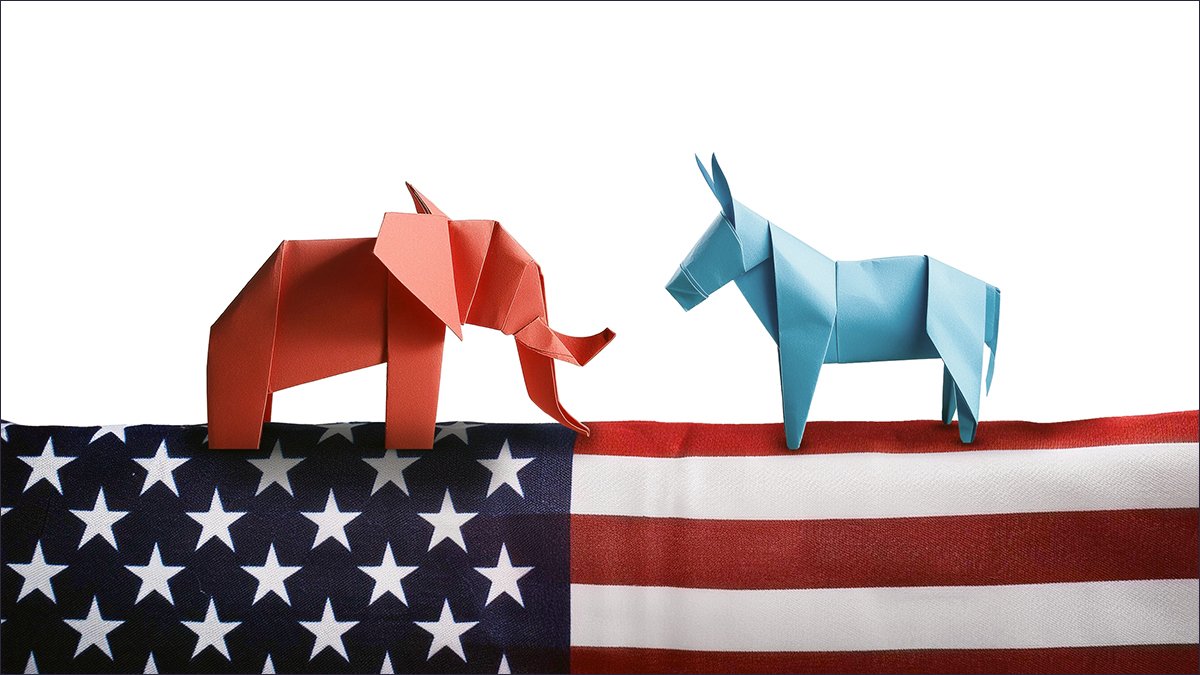A Crucial Crossroads: The 2024 U.S. Election and Its Implications
As we approach the 2024 United States presidential election, the nation stands on the brink of a historic decision. In just days, voters will choose between Kamala Harris, potentially poised to become the first woman president, and Donald Trump, who is vying for a second term. The implications of this choice will resonate well beyond American borders, setting the course for the next four years.
At the heart of this election are seven battleground states: Wisconsin, Nevada, Pennsylvania, Michigan, North Carolina, Georgia, and Arizona. These states are not just electoral battlegrounds; they represent the very fabric of America’s political landscape. Their outcomes will likely dictate which party controls Congress and shape the future of key policies.
Currently, the Senate is narrowly held by the Democrats, 51 to 49, with seven critical races in play. The House of Representatives leans Republican, standing at 220 to 213. Given these dynamics, a divided Congress could emerge, complicating the legislative agenda for whoever occupies the Oval Office.
Polls indicate a tight race, with many candidates falling within the margin of error. It’s increasingly likely that we won’t have definitive results on election night; vote counting could extend into the following week, prolonging uncertainty and tension.
In Congress, activity has been stymied by polarization and a lack of consensus on key issues. A notable focus has emerged around consumer protection and regulatory oversight of the tech and financial services sectors. Legislative efforts concerning artificial intelligence are underway, reflecting a growing recognition of the need to regulate this rapidly advancing technology.
A particularly contentious piece of legislation is the Durbin Debit Bill, or the Credit Card Competition Act. This bill has faced years of delays, primarily due to conflicts of interest among senators. The failure to advance this legislation underscores the challenges inherent in addressing financial reform amid political maneuverings.
Unencumbered by the same political constraints, Regulators have turned their attention to consumer protection issues within the payments industry. The FDIC, CFPB, and FTC are examining Earned Wage Access, late fees, overdraft charges, and Buy-Now, Pay-Later options, signaling a robust push for more stringent oversight.
The implications of the election outcomes are profound. Should Trump regain the presidency, we might see a relaxation of regulatory scrutiny, though likely less drastic than during his first term. Conversely, a Harris administration would likely usher in an era of increased regulatory involvement aimed at safeguarding consumers and addressing systemic financial issues.
Beyond the federal landscape, state-level developments are also noteworthy. Illinois has passed a law (HB 4951) prohibiting interchange fees on sales tax and gratuity, set to take effect in July 2025. This legislation has already prompted legal challenges from the banking industry, highlighting the tensions between state policy and national financial practices. Similar inquiries into credit card fees are underway in Georgia and Florida, reflecting a growing scrutiny of payment structures.
Privacy has emerged as another critical issue, with seven states enacting their own privacy laws this year. This patchwork of regulations creates confusion for consumers, complicating interactions across state lines.
Furthermore, the Department of Justice is pursuing legal actions with a distinctly anti-financial services bias, including scrutiny of the Capital One and Discover merger and accusations against Visa for monopolizing debit networks. The future of these cases may hinge on the election, as a Trump administration might soften the regulatory approach in this area.
As we stand on the precipice of this election, one thing is clear: the drama surrounding financial regulation and consumer protection will persist, regardless of the outcome. The interplay between state and federal authorities will continue to shape the landscape, and the coming weeks will undoubtedly set the tone for the future of American governance and its economic direction.

